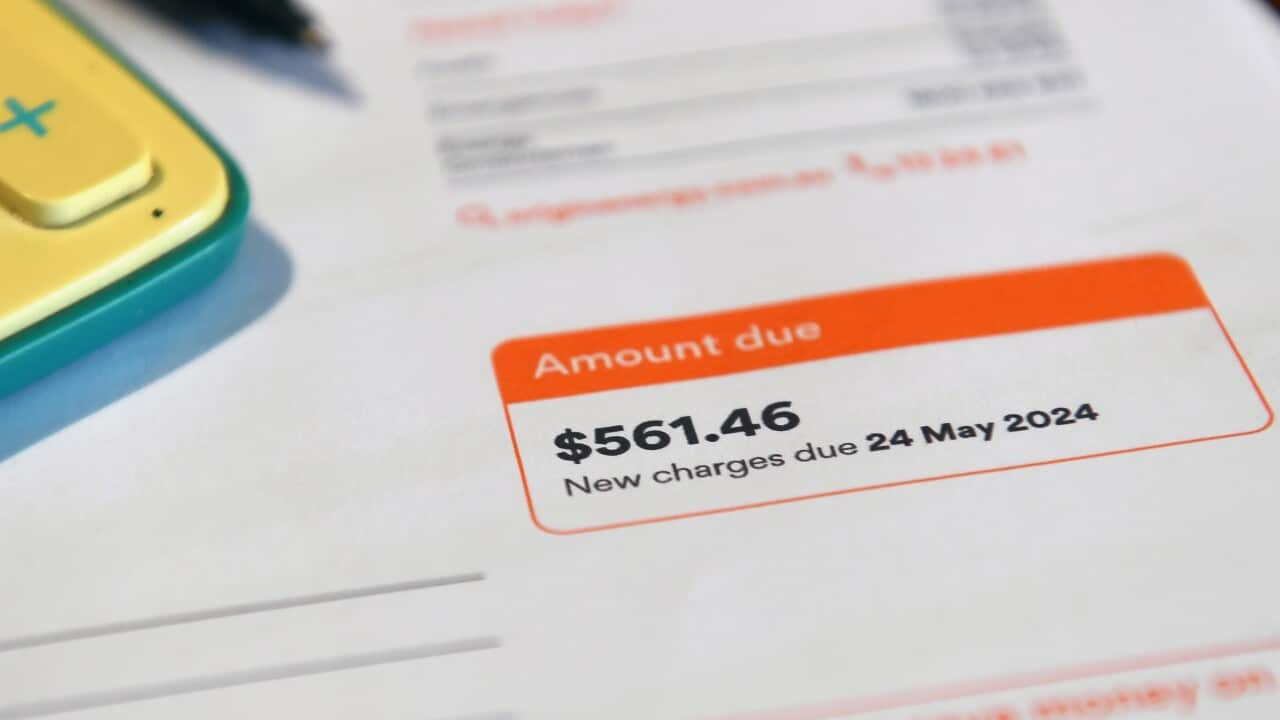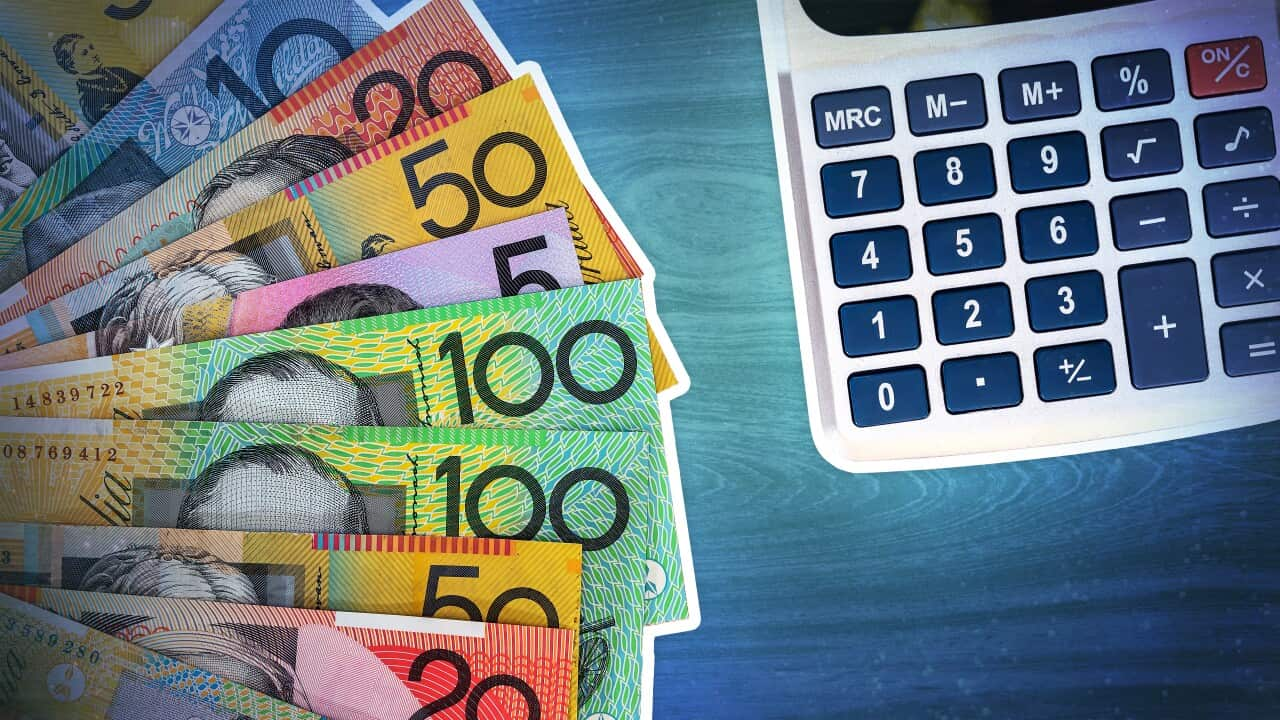Australian households should consider "paying it forward" if they do not need the $300 energy bill rebate being offered as part of the federal budget, a charity says.
The Labor government has come under attack for making the rebate universal regardless of income, but Prime Minister Anthony Albanese said it was the "most effective way to deliver support".
How will the bill support work?
More than 10 million households will get a $75 credit on each quarterly bill in the next financial year. Small businesses will get an annual credit of $325. Both rebates will cost $3.5 billion.
Queensland and Tasmania's state governments have already said they and $250 respectively.

This is how much energy relief households in each state will get.
Kon Karapanagiotidis, the CEO of the Asylum Seeker Resource Centre, told SBS News he didn't feel it was fair for all households to get the rebate.
"If you're lucky enough to be receiving the $300 rebate and don't need it, we know our families could really do with that money.
"We can put a roof over people's heads, food on the table and provide medicines to sick families this winter."
If you're fortunate enough to not need that rebate, you could donate that $75 each quarterKon Karapanagiotidis, CEO of the Asylum Seeker Resource Centre
Karapanagiotidis added he felt the stage three tax cuts, which also benefit all Australians including high earners, were "obscene".
"This is again money (that) should be going where the greatest need is, which is not just to people seeing asylum, but to all Australians that are doing it tough."
"I think it's ... about paying it forward.
"If you're fortunate enough to not need that rebate, you could donate that $75 each quarter to a family that needs it that's it.
"And likewise, if you've got a state three tax cut and you're earning $250,000 a year and you don't need all that $1,000 I know our families who have no income and no support could really do with it this winter."
Meanwhile, Australian Council of Social Service chief executive Cassandra Goldie income support payments.
"Somebody who is on $200,000 plus, who owns their own home, who possibly has an investment property ... they will be getting $300 extra when we've got somebody in poverty who is unable to feed themselves more than once a day."










